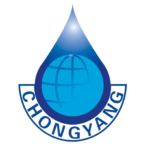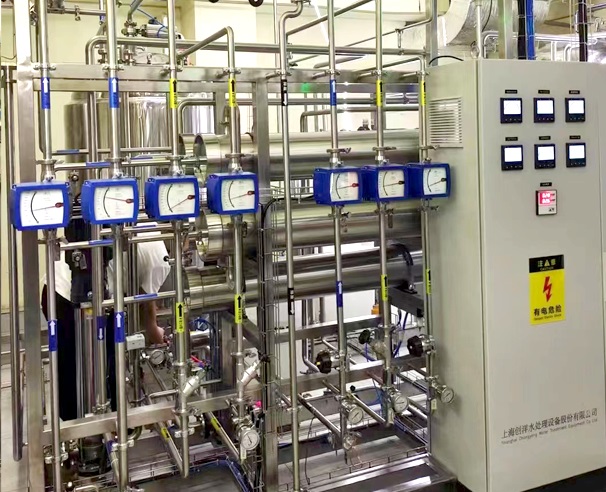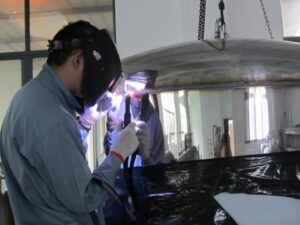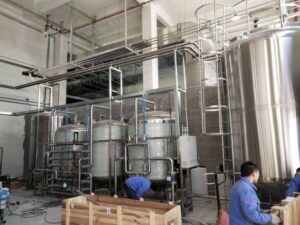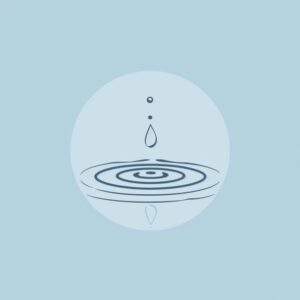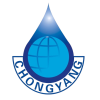In the biotechnology and pharmaceutical industries, water is an indispensable raw material, the quality of which directly affects the safety and efficacy of the product. From the preparation, separation and purification of raw materials to the production of finished products and cleaning of equipment, water plays an important role in the whole process. Therefore, to ensure the stable operation of the pharmaceutical water system and the safety of water use has become an important issue that pharmaceutical companies must address.
First, the importance of pure water system
Purified water is very widely used in the pharmaceutical process, mainly used as solvents, diluents and cleaning agents. Because of its direct contact with pharmaceutical raw materials, production equipment and final products, so its quality is directly related to the quality of drugs. In addition, the quality of purified water also affects the production efficiency and the service life of the equipment.
Second, the source of water pollutants and their harm
Pharmaceutical water may contain a variety of pollutants, including particulate matter, inorganic matter, or organic matter and bacteria.
- Particulate matter: such as silt, dust, pollen, pipeline corrosion, iron and silicon, etc., these substances will clog the pipeline, affecting water quality, and may even cause corrosion of the equipment.
- Inorganic substances including calcium and magnesium salts and heavy metals containing anions (e.g. iron, aluminum and silicon), which may affect the purity and stability of the drug.
- Organic substances: These include by-products of plant decay in nature (e.g. humus and fulvic acid), as well as “man-made” organic substances (e.g. pesticides and automobile emission oils), which may adversely affect the drug.
- Bacteria and their by-products (such as endotoxins and pyrogenic substances) are pharmaceutical water must be strictly controlled pollutants, because they will jeopardize the safety and efficacy of drugs.
Third, the daily maintenance of pure water system and cleaning and disinfection work
In order to ensure the stable operation of the pure water system and water safety, regular maintenance and cleaning and disinfection work is very important.
- Regular inspection: Regularly carry out comprehensive testing of the pure water system, including the state and cleanliness of pipelines, valves, filters and other components.
- Filtration and purification: Use appropriate filtration techniques to remove particles and impurities from the water to ensure clean water.
- Reverse osmosis and ion exchange: Use reverse osmosis and ion exchange technology to remove inorganic and organic matter from the water, thus enhancing the purity of the water.
- Disinfection and Sterilization: Periodically disinfect and sterilize the pure water system to eliminate bacteria and their by-products to ensure water safety.
- Record and tracking: establish a perfect record and tracking system, record the operation status of the water purification system, water quality test results and maintenance, in order to facilitate the subsequent traceability and management.
Pharmaceutical purified water quality is closely related to the quality and safety of drugs, so its preparation, transportation, storage and use of the process must be strictly managed. Through scientific and reasonable routine maintenance and cleaning and disinfection work, can effectively ensure the stable operation of the water purification system and water safety, for the healthy development of the pharmaceutical industry to provide strong support.
